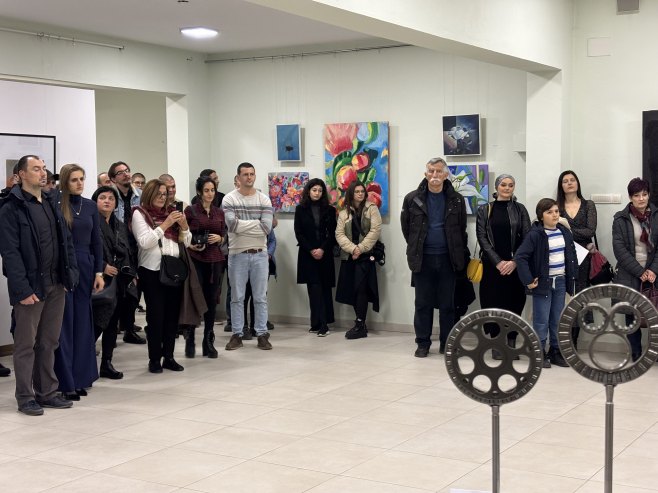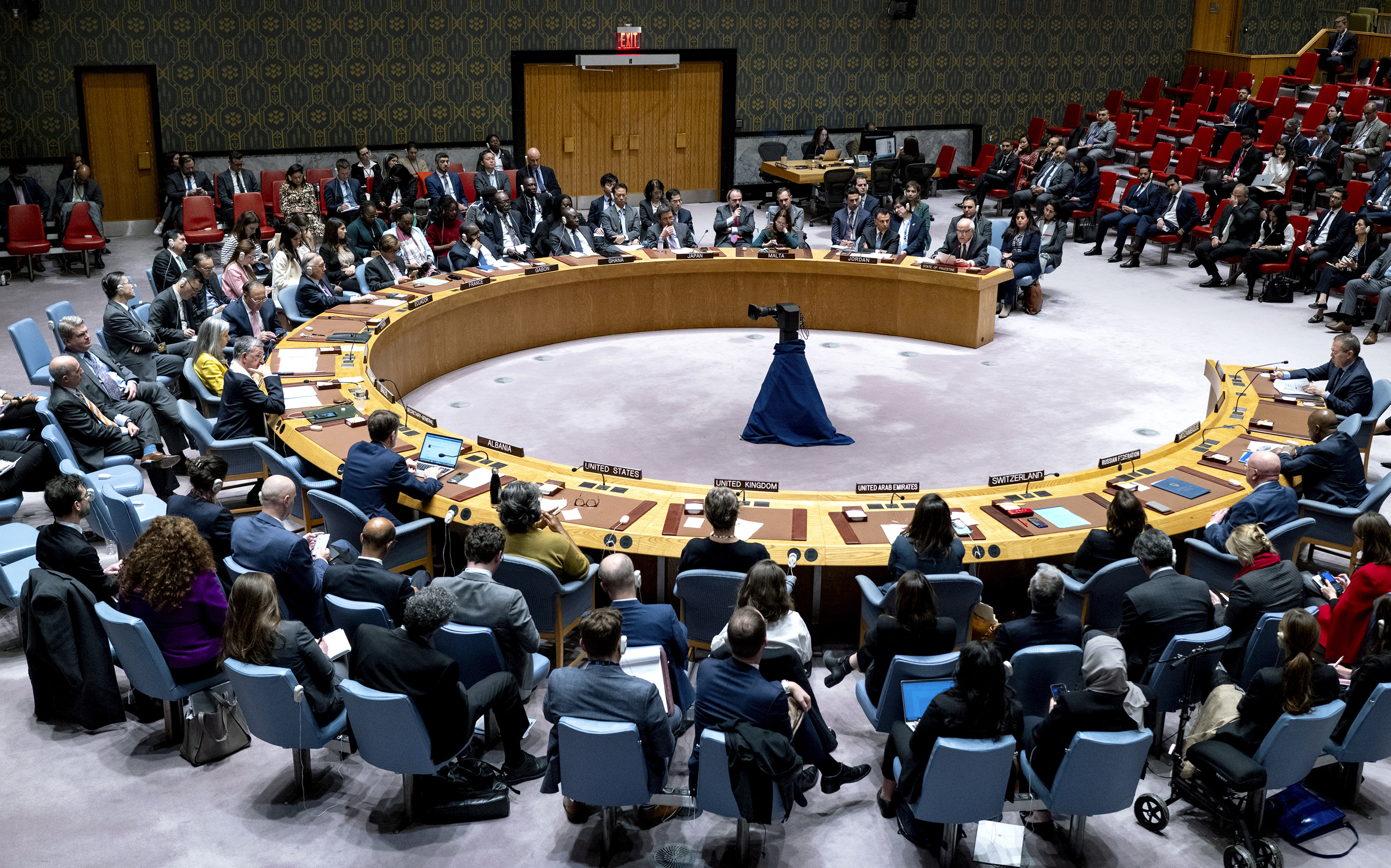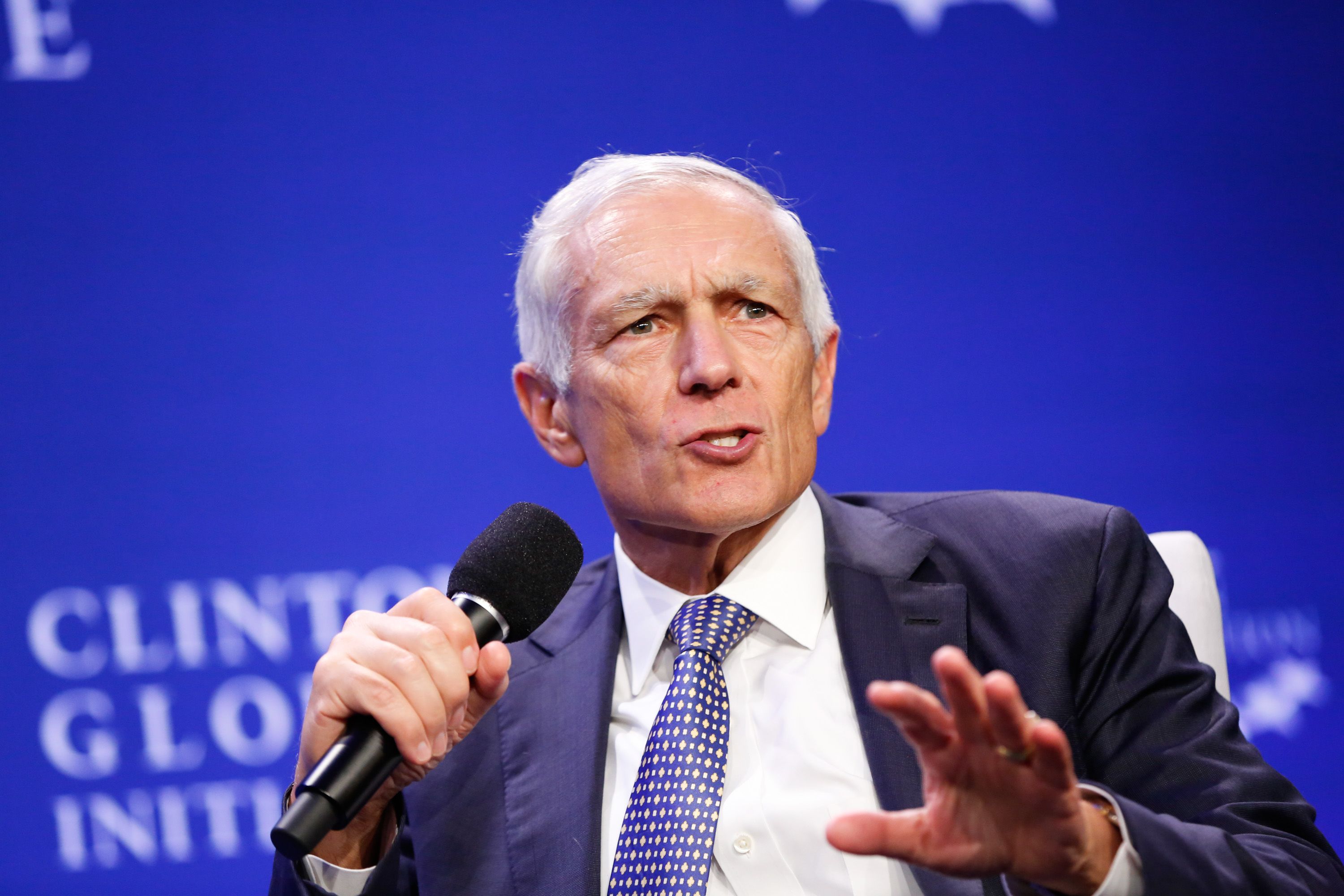The Central Election Commission (CEC) decision, like last week’s ruling by the BiH Court, has sparked strong reactions from both Republika Srpska and the region.
Leaders of the ruling coalition describe this as the outcome of injustice driven by the BiH judiciary, with decisions dictated by Christian Schmidt and the political establishment in Sarajevo—pushing Bosnia and Herzegovina into a new constitutional crisis.
They stress the time has come for all Serb-oriented political parties to unite—not around Dodik personally, but around the struggle for freedom and the right to self-determination. Support has also come from across the Drina River: Republika Srpska still has a president elected by the people.
“We elect our representatives in elections, and only the people can give or revoke mandates,” said Serb member of the Presidency Željka Cvijanović, calling the move an attempt to reshape the state to Sarajevo’s design—against the Dayton Agreement and the interests of Srpska.
Prime Minister Radovan Višković said the CEC decision is a continuation of the anti-Serb agenda in BiH and warned that Republika Srpska must not tolerate the disrespect of its citizens’ electoral will and institutional authority.
The ruling parties say the CEC has confirmed it is part of a politically driven judicial process targeting Dodik, deepening the destabilization of BiH. They reiterate that Dodik has the legitimacy granted by the electorate.
Socialist Party president Petar Đokić said it is clear the CEC acted under orders. DEMOS leader Nedeljko Čubrilović emphasized the need for maximum unity.
They question whether the CEC’s decision can truly override the will of over 300,000 citizens who voted for Dodik. Those responsible, they say, are fully aware it cannot. So why consciously destabilize BiH?
Darko Banjac (NPS) stressed the need for unity around the idea of freedom. SPS leader Goran Selak warned that CEC’s moves trigger another constitutional crisis.
Justice Minister Miloš Bukejlović said unequivocally that the CEC decision has no legal basis, reminding that Dodik was convicted based on a rule not adopted by any competent authority—and worse, for fulfilling a constitutional obligation.
“As a legalist, I say a criminal offense must first be prescribed and codified. The CEC’s decision has no effect because it stems from something without legal force,” he said.
Serbian Deputy PM Ivica Dačić said the decision is not just legally and politically problematic—it is a direct attack on Republika Srpska. “Anyone who thinks the Serbian people will stand idly by is mistaken,” he said. In Serbia, the view is that this is no time for party politics, but for national consensus.
Serbian presidential advisor Miloš Vučević reiterated that Republika Srpska has a president elected by the people, and all further decisions must be made by consensus.
The decision has resonated in Montenegro as well. Marko Milačić, leader of True Montenegro, warned of serious consequences and said such rulings undermine the prosperity of BiH.
Veterans’ associations and the Serbian Orthodox Church also called for unity across political parties in Srpska and Serbia, urging people to stand up against those attempting to override the will of the people.
Metropolitan Fotije of Zvornik-Tuzla voiced his support for President Dodik. “I support the Patriarch’s statement and trust the representatives of Srpska and Serbia,” he said.
The bitter taste of injustice has been intensified by the fact that Serb members of the CEC joined in the unanimous vote to strip Dodik’s mandate—an act seen as a betrayal. The Union of Municipalities and Cities of Republika Srpska has called a meeting for Friday to decide how local parliaments will respond.
The Association of the Founders of Republika Srpska has also declared that they do not recognize or accept the CEC’s decision.
Source: RTRS









